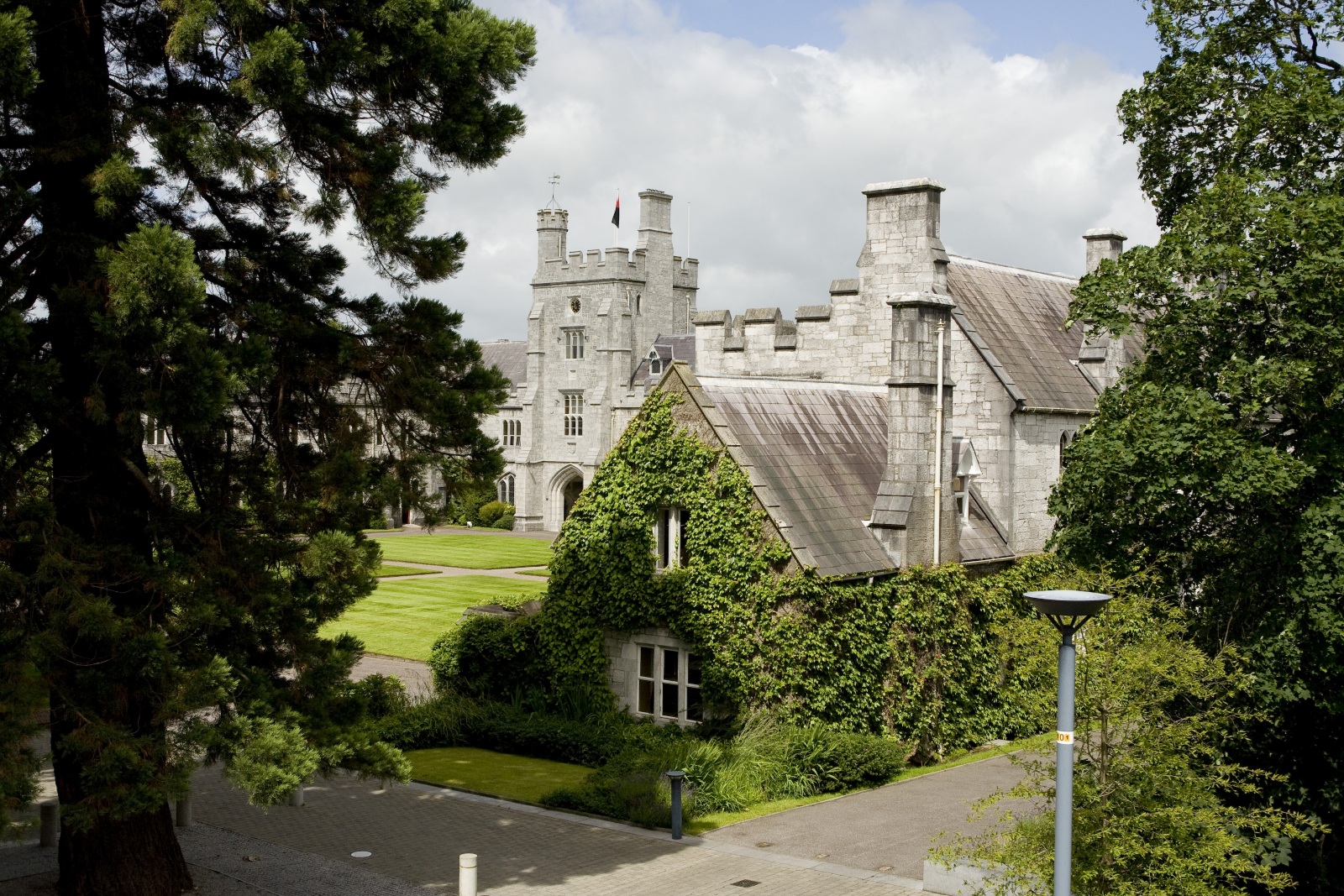In This Section
- Home
- About Us
- Research
- Research Clusters & Working Groups
- Ageing
- Children and Young People
- Research for Civil Society, Environment and Social Action (REACT)
- Genders, Sexualities and Families
- Disability and Mental Health
- SHAPE
- CARE21
- Migration and Integration
- Poverties, Social Justice and Inequalities
- Gender and the Academy Research Working Group
- Crime and Social Harm (CSH)
- Populism and the Rise of the Far-right
- Work, Organisations and Welfare
- TRANSS UCC Working Group
- News and Events
- People
- Events
- Join Us
Two-panel Workshop: The EU and the southern Mediterranean

The EU and the southern Mediterranean
A two-panel workshop, 3-4 July 2014
Panel 1: ‘Disposable People’ - The Crisis in the Mediterranean
Panel 2: EU Cultural Policies and the Southern Mediterranean
EU and Southern Mediterranean Programme
Co-hosted by the ISS21 Migration and Integration Cluster and Department of French, UCC
Supported by Irish Research Council New Foundations Scheme and UCC Strategic Research Fund
All welcome. To register, go to: https://www.eventbrite.ie/e/the-eu-and-the-southern-mediterranean-tickets-17152546729
Panel 1: ‘Disposable People’ - The Crisis in the Mediterranean (July 3)
CACSSS Seminar Room, G27, O'Rahilly Building
The International Organisation for Migration (IOM) estimates 3,072 lives were lost in the Mediterranean by people trying to make the crossing north to Europe in 2014, compared with an estimate of 700 in 2013 (IOM, 2015). The true number of fatalities is likely to be even higher. Of the 500 who lost their lives in 2013 off the coast of Malta, it is reported that up to 100 of these were children (Ibid). The purpose of this seminar is to examine EU responses to the migration crisis in the Mediterranean, emphasising how migration management overlooks the desperation and the risks undertaken by migrants on a daily basis in their struggle to survive. In the aftermath of the extensive loss of lives in April 2015, the rhetoric on tackling issues has been largely influenced by border control operations, driven by draconian measures on how to curb immigration where “the extension of EU enforcement offshore intensifies differential forms of inclusion and exclusion that play out on the bodies of migrants” (Mountz and Loyd, 2013:175). Within this context the psychological and human aspects of movement and spaces of struggle are often obscured and dominated by border control operations that advocate a tough line on granting asylum and re-settlement.
Confirmed speakers include:
Alessandro Dal Lago, Department of Anthropological Sciences, Faculty of Education, University of Genoa
Natalia Ribas Mateos, Centre d´Estudis i Recerca sobre Asia Oriental, CERAO, Universitat Autònoma de Barcelona
Sue Conlon, Irish Refugee Council
Liam Thornton, School of Law, University College Dublin
Claire Dorrity, School of Applied Social Studies and ISS21 Migration and Integration Research Cluster
Panel 2: EU Cultural Policies and the Southern Mediterranean (July 4)
Mary Ryan Meeting Room, G27, O'Rahilly Building
The EU has given greater attention to the southern Mediterranean since 1990. Issues of immigration, natural resources and regional stability have been to the fore. The Barcelona Accords and Declaration of 1995 gave voice to a more cohesive Mediterranean strategy. Morocco, Algeria and Tunisia have been involved in European Neighbourhood Policy (ENP) Action Plan since 2005. These agreements are important and have taken on greater urgency in the light of the ‘Arab Spring’ that began in early 2011. ‘A Partnership for Democracy and Shared Prosperity with the Southern Mediterranean’ (March 2011) is a European Commission communication that calls for a review of the ENP to bring about a change in the EU’s approach to the region. It stresses the role of civil society as crucial in contributing to the democratic debate. The purpose of this workshop is to analyse and assess the implementation of the EU Neighbourhood policy in relation to its support for cultural production in North Africa. This workshop will bring together policy makers and academics who have worked on EU policy documents relating to the funding instruments and organisations (such as the Anna Lindh Foundation) that have been put in place and the impact of these structures on the formation of a francophone public sphere across the Southern Mediterranean.
Confirmed Speakers include:
Gerald Arboit, French Center for Research on intelligence (CF2R), Paris
Jessica Ayesha Northey, Centre for Trust, Peace and Social Relations, Coventry University
Irene Fernandez Ramos, Centre for Cultural, Literary and Postcolonial Studies, SOAS, University of London
Patrick Crowley, Department of French, and ISS21 Migration and Integration Research Cluster
Institute for Social Science in the 21st Century (ISS21)
Contact us
Top Floor, Carrigbawn/Safari Building, Donovan Road, Cork, T12 YE30
